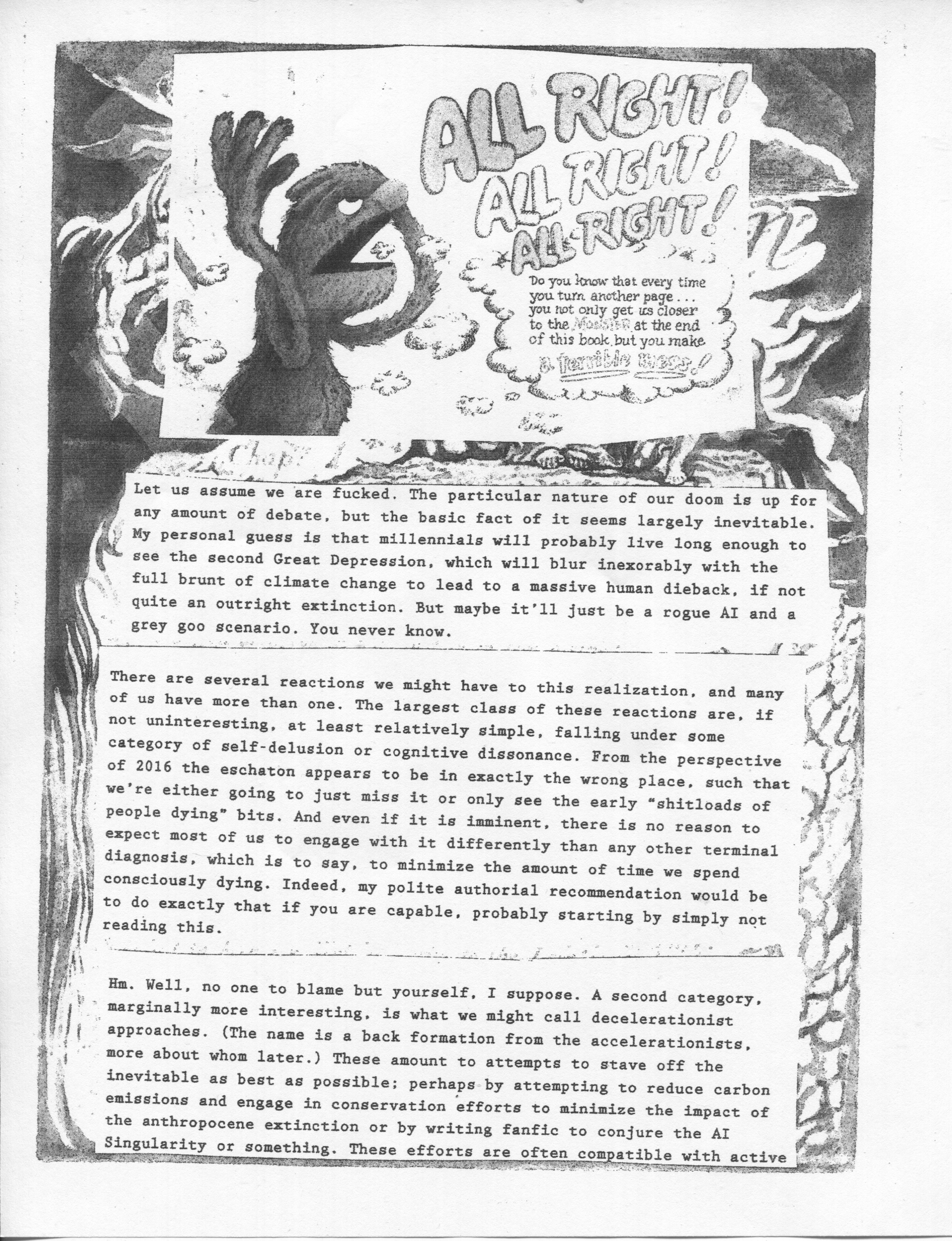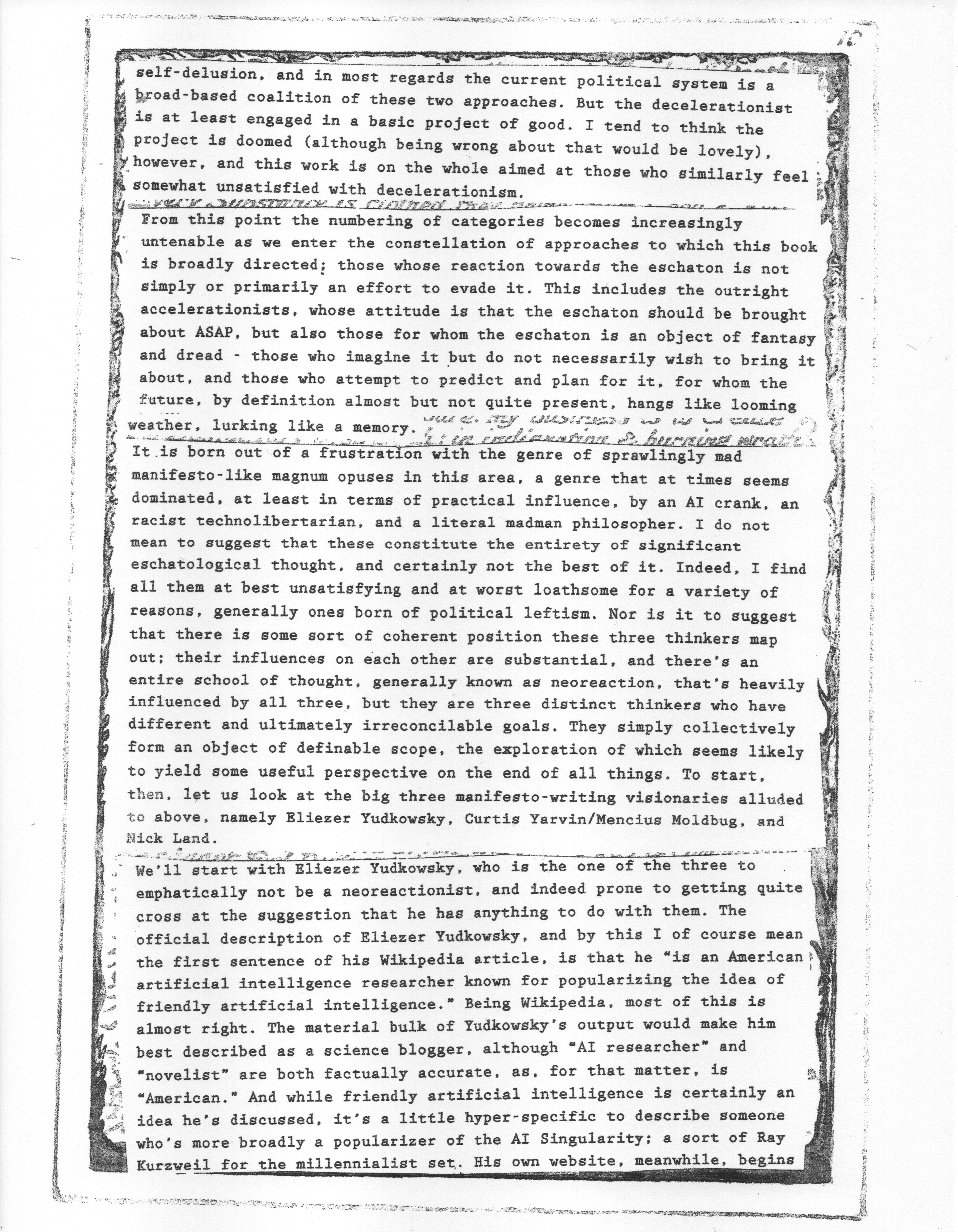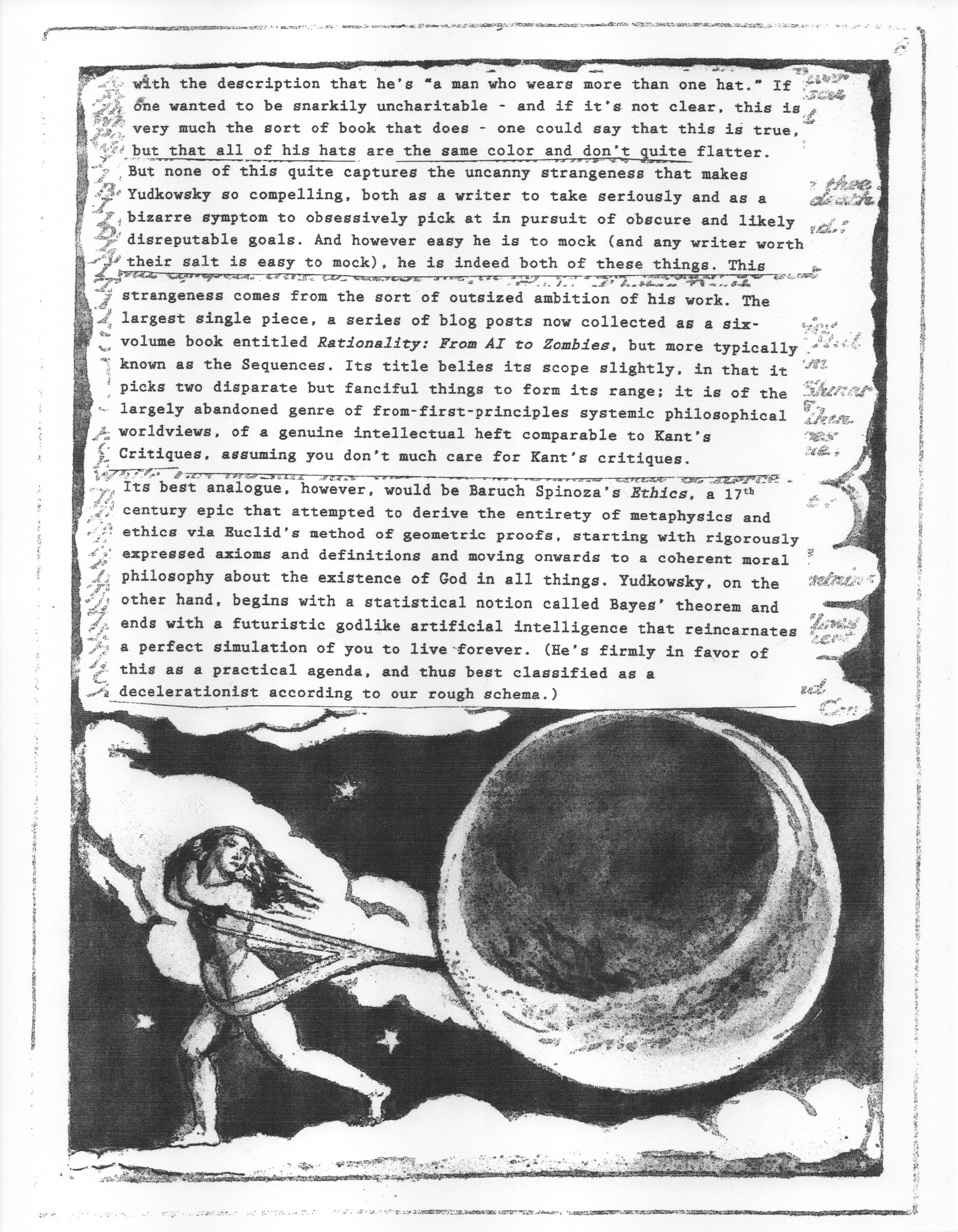“All in the game, yo. All in the game”: The Wire
Some mysteries should remain unsolved.
We all love a good mystery. I believe a wise man once said something to the extent of “And to many humans, a mystery must be solved”. There’s that nagging sense that there is some big truth out there that’s being concealed from you, and you can’t rest until you learn what it is, because of information wanting to be free, or any number of other justifications for the quest for gnosis we’ve come up with throughout the ages. In the United States, perhaps we’ve wed our thirst for mysteries with our romantic ideal of vigilante justice garnered from the media’s foundational myth of the “Old West”. Perhaps it’s this simultaneous desire to see a mystery solved and a perpetrator brought to justice by a lone lawman that has brought about things like the noir genre, and that speaks to something about who we are as a people. Just go and ask Odo. I think this same desire for a certain kind of disclosure is part of what fuels the appeal of conspiracy theories and conspiratorial thinking, the corollary of which is the romanticization and mystification of the intelligence community. I find it very satisfying that this selfsame episode introduces us to the Obsidian Order through Julian Bashir, possibly the second-biggest truth-seeker and mystery buff on Deep Space 9.
But the biggest mystery of all is of course Garak. The question of “Who Is Elim Garak?” (whoops, guess I spoiled a major plot point. Oh well) is a complicated one. But then again, so is the question of who any one of us are. Personal identity theory is more than just the continuity of consciousness in an android body. Let’s, for the moment, set aside the persistence of the self problem, and you go ahead and make of consciousness whatever you will. Are we, could it be argued, the sum total of our life experiences, and thus not only shaped by them but reducible to them? Perhaps on one metaphorical level each of us are nothing more than an amalgamation of events and interactions with other people. This is, after all, how we will all be remembered someday. There is no hidden platonic “real” you because a part of you behaves a certain way in social situations, and it’s by those facets you display in interactions through which you will be defined in the eyes of society. I never got far enough in philosophy to say with confidence if there’s a name for that theory, apart from perhaps “anti-solipsism”. Or maybe, post-structuralist reading writ large. Whatever the case may be, when we’re talking about fictional characters perhaps it could be argued this is literally who they are.
The identity and personhood of characters are intrinsically bound up with the stories that are told about them. Who they are to us is defined by how they behave in the snapshots of their lives we see and read, coloured by our own interpretations and perspectives, and perhaps what we need them to be at that particular stage in our own lives.…


 Thanks to all who have been making the Kickstarter for Neoreaction a Basilisk such a success – at $4469 right now, and happily plugging along towards “Theses on Trump.” Here’s a third excerpt from the main book, as we digress into another discussion of red pills and the notion of “pwning” a person, as in Moldbug’s multi-part essay “How Dawkins Got Pwned” before, inevitably, arriving at Hannibal Lecter. As always, if you enjoy,
Thanks to all who have been making the Kickstarter for Neoreaction a Basilisk such a success – at $4469 right now, and happily plugging along towards “Theses on Trump.” Here’s a third excerpt from the main book, as we digress into another discussion of red pills and the notion of “pwning” a person, as in Moldbug’s multi-part essay “How Dawkins Got Pwned” before, inevitably, arriving at Hannibal Lecter. As always, if you enjoy,  So that’s that, then; we’re safe. Nemesis contained in a singular, defined terrain, the rest of creation free for our joyously innocent explorations. Oh boy, we’ve even got a good game up next,
So that’s that, then; we’re safe. Nemesis contained in a singular, defined terrain, the rest of creation free for our joyously innocent explorations. Oh boy, we’ve even got a good game up next, 


 Two more pages below the cut.
Two more pages below the cut. 
 …
…